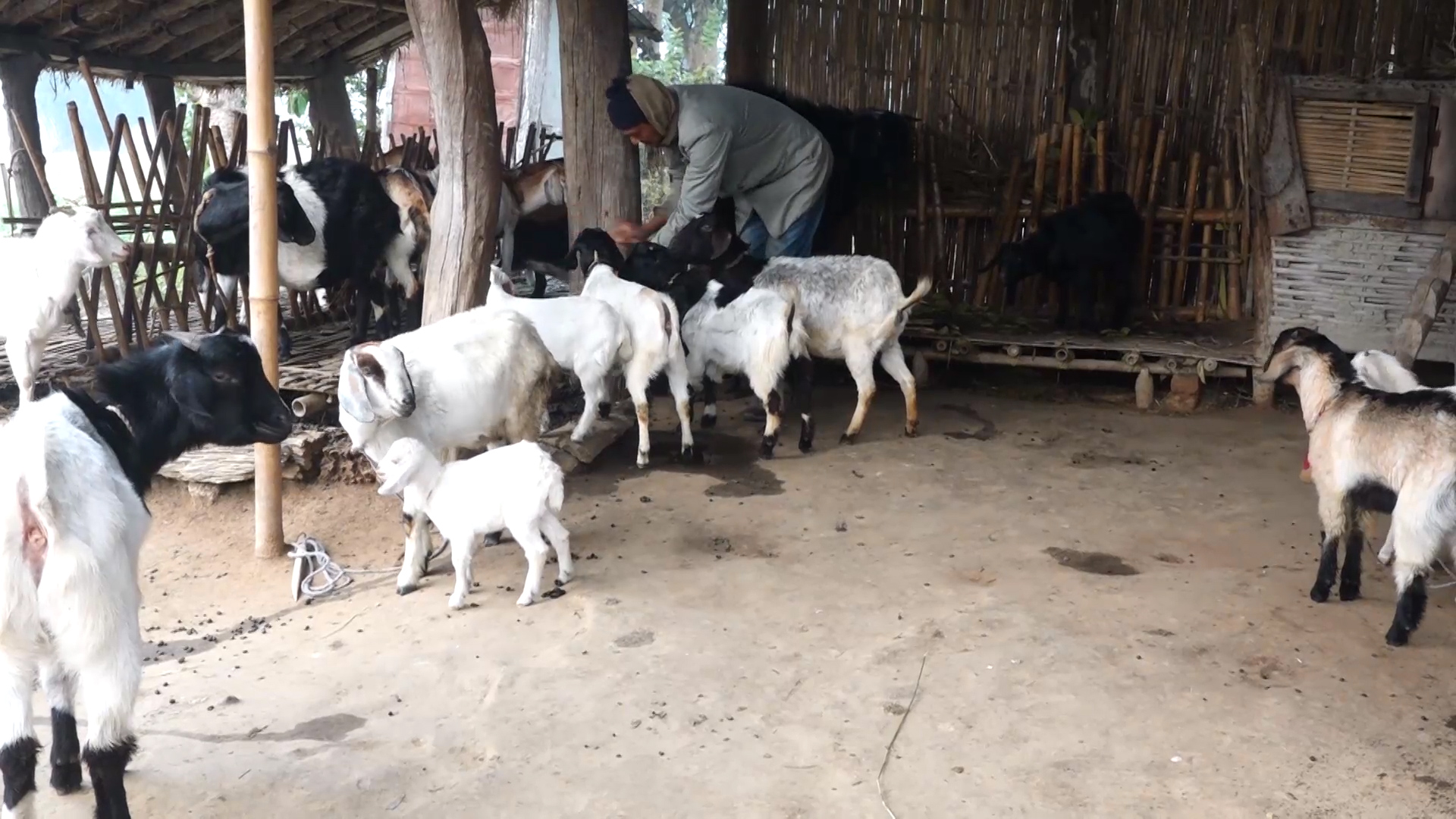
The ARISE-Farmers is build on the coverage of the ongoing IFAD regional grant named Asia Pacific Farmers Programme (APFP) with a specific focus on smallholder men and farmers/producers needing production assistance for the immediate next cropping season within the lockdown or post lockdown. Amongst the target group of smallholder farmers/producers includes those smallholder farmers with the potential to become active economic players in a wide array of emerging value chains, supported various quality services provided by their FOs. The major goal of this ARISE grant is to contribute to achieving SDG goal of ending hunger and poverty by empowering federated farmers groups in meeting the needs of their members as well as ensuring a healthy and sufficient food supply during the COVID-19 pandemic and beyond.
Specifically, the project aims to:
a. Ensure that the most vulnerable farming households are secured by being effectively reached through the provision of essential food/commodities, and associated services.
b. Strengthen the capacity of FOs to manage production support to members and expand the existing 4Ps partnership
c. Install effective online and offline communication and knowledge management tools and mechanisms to complement/support both emergency and resiliency initiatives including a simple e-commerce platform for FOs and food consumers.
Similarly in Nepal The ARISE fund is being used by NACCFL as National Implementing Agency (NIA). The fund had been disbursed in 3 phases to more than 21 primary cooperatives. In the same way more than 2000 small and marginalized farmers were benefited from this program among which more than 90% and 45% are women and youth members respectively. Moreover, the target beneficiaries include the marginalized and indigenous members of Nepal such as chepang, bankariyas, landless tharu community, Chamar and certain Dalit groups historically classified as lower caste/untouchables.
The fund was directly disbursed to the farmers’ members as a production loan for only one cycle. Most of the loans were disbursed to member farmers especially small and marginalized farmers who are involved in vegetable farming, livestock farming (for meat and milk), tea garden management, production and sales of cash crops like tea, turmeric, ginger.
The ARISE fund act as the relief/self-help growth fund for the smallholder farmers during the pandemic spread and even after that. The fund had created easy access to financial resources even for the most endangered and marginalized community of Nepal, which in turn enhanced their livelihood.
